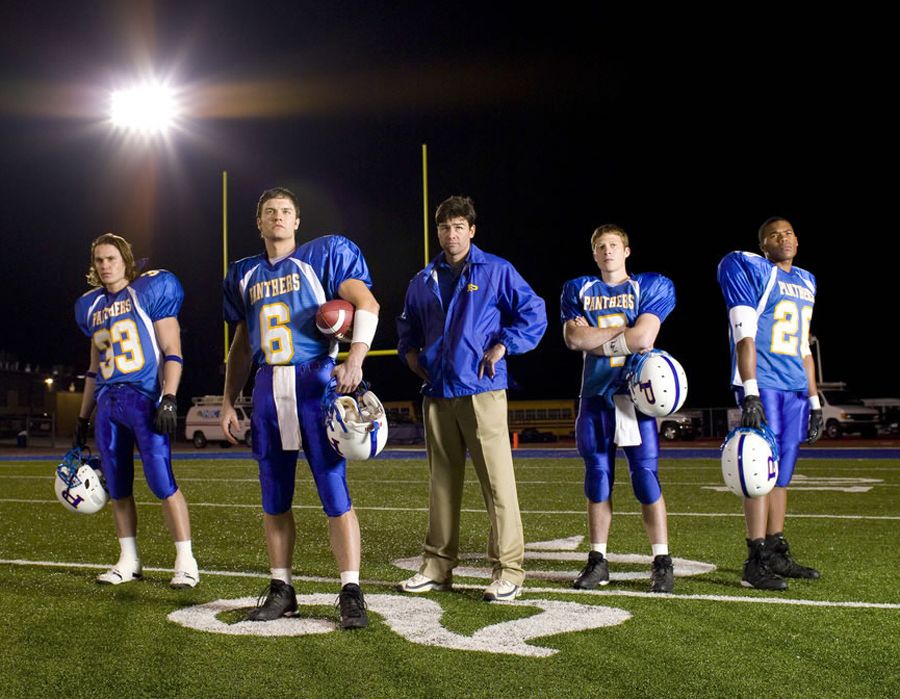I probably don't need to tell you that Amazon Studios’ web version of 2009's Zombieland is awful. You probably could have figured that out by noting that stars Woody Harrelson, Jesse Eisenberg and Emma Stone have all been replaced with bland unknowns, the big-budget effects have been exchanged for weak B-movie schlock, and the humor has been usurped by lines that have the rhythm of jokes but aren’t actually funny.
At one point, Tallahassee slams shut a restroom door, announcing, "Talk about the post-apocalypse!" Are we supposed to laugh, or just feel sorry for these actors? They are doomed to portray characters that, in their original incarnations, were witty unique, and entertaining. However, here they come off as bad sitcom tropes gone wild.
It's not an easy task to adapt a film into a television series. The ones that did it well are legend: Joss Whedon's failed Buffy the Vampire Slayer movie turned into an epic and beloved TV show. M*A*S*H was first adapted for film in 1970, but the TV series that aired from 1972 to 1983 became a cultural touchstone for a whole generation (let’s not speak of AfterMASH).
But shows like those are rarities. It's far more common that TV adaptations end up like the ill-fated Ferris Bueller series (the original opening is something to behold, and includes a very young Jennifer Aniston). In recent years, we’ve seen cheap knock-offs of big-screen comedies like 10 Things I Hate About You, Clueless and even My Big Fat Greek Wedding, all of which lacked charm or substance.
So why do some adaptations fail while others succeed? Friday Night Lights is a great example: The 2004 movie starred Billy Bob Thornton, and was a big success with critics. The 2006 TV drama used the same book by H. G. Bissinger as source material, but didn't rely much on the original film. Kyle Chandler replaced Thornton, and the show moved from real-world Odessa, Texas, to imaginary Dillon, Texas, and set its focus on the character’s struggle to balance his obligations to his football team with those to his family. Friday Night Lights was ultimately a success because the showrunners adapted the story for the medium, rather than try to squish a film-style plot into an hour-long drama.
Zombieland might not seem like such a bad pilot if I hadn't seen the movie on which it’s based. Writers Rhett Reese and Paul Wernick, who also penned the film, rely far too heavily on the success of the 2009 original without turning any new corners for the characters or presenting them with any new challenges to overcome. In the pilot, Wichita, Tallahassee, Little Rock and Columbus go looking for new friends (sort of haphazardly) only to have those potential buddies eaten by zombies one by one. Even if the premise of the movie Zombieland didn't have too many more layers than that, it was original in its shambling, anxiety-ridden humor.
It's possible to make something original out of something old, but this pilot doesn't cut it. Hopefully, the sequel to Zombieland 2 will bring back the chemistry between these characters, and give us something to root for.


